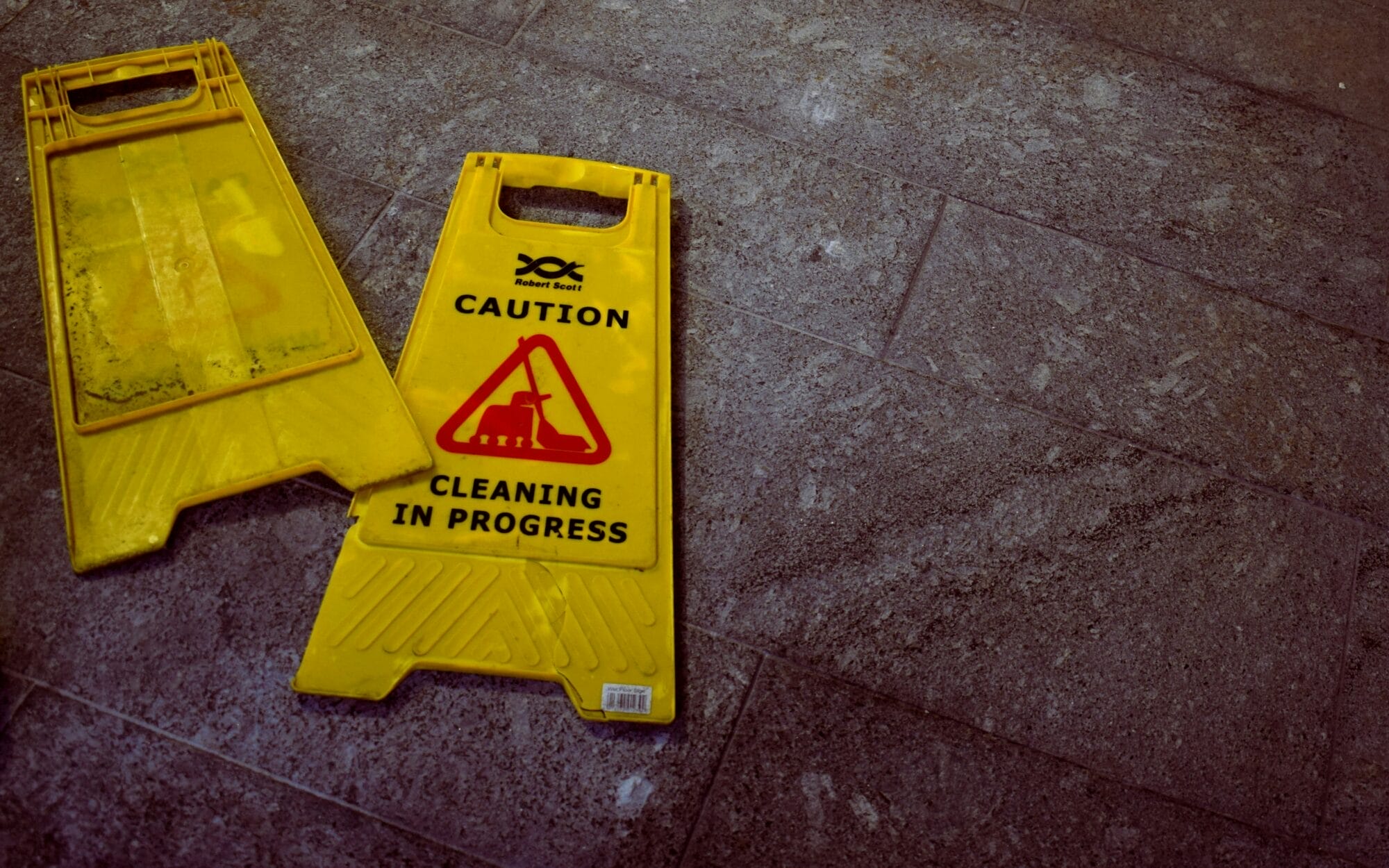Many different factors alter the amount of money (or compensation) you receive when making a worker’s compensation claim – including your average weekly wage (AWW).
Calculating Average Weekly Wage
Your average weekly wage, as the name suggests, refers to the amount of money you earn per week on average. It is an important figure used in workers’ compensation claims, as it helps the Virginia Workers’ Compensation Commission determine exactly how much compensation you are owed for the time you missed from work as a result of your accident.
Your average weekly wage is computed based on the following data:
- Your standard wages
- Your hourly/daily rate
- The number of hours you work (including regular overtime)
- Bonuses/commissions and other fringe benefits
If you work a second job or have various forms of supplemental income, this can also be factored into your AWW if the employment is similar to the job where you were injured and held simultaneously.
If you were trying to calculate your AWW, you should use the following formula:
Annual Pay / 52 = Average Weekly Wage.
Importance in Benefit Determination
When you make a worker’s compensation claim, your average weekly wage is used to determine how much compensation you are due. However, different benefits have different formulas.
Benefit Formulas
Temporary Total Disability Benefits
TTD benefits are awarded to individuals who are temporarily unable to work due to a workplace accident, injury, or illness. Typically, these benefits are calculated at ⅔ of your AWW. A maximum of 500 weeks of compensation can be paid to you, unless you are permanently and totally disabled as a result of your accident.
Permanent Total Disability Benefits
PTD benefits are awarded to individuals who are permanently disabled as a result of a workplace accident, injury, or illness. In most cases, they will be unable to return to work. Typically, these benefits are also calculated at ⅔ of your AWW, though this can be higher depending on the nature of the injury.
Temporary Partial Disability Benefits
TPD benefits are awarded to individuals who are on light duty as a result of their accident and are back at work earning less than they did before their injury. TPD benefits are calculated at ⅔ of the difference between your AWW and the amount you are earning while working light duty. TPD benefits can vary from week to week depending on how much money you earn. If you earn as much, or more, than your AWW you would not be entitled to TPD benefits for that week.
Maximum and Minimum Limits
Depending on your geographic location, there are statutory maximum (and minimum) limits, which dictate how much compensation you can receive – regardless of your total AWW. This can also be impacted by the nature of the injury itself and the impact it has on your life as a whole.
Changes in Employment Status and AWW
Part-Time or Temporary Workers
Many of those who work part-time or have temporary contracts may find it difficult to calculate their AWW because no two working weeks are the same. For example, you may experience a busy period where your services are in high demand, followed by a quieter time when no work is coming in. Typically, you should figure out your average weekly salary based on your finances from the past year/52 weeks.
Wage Increases or Decreases
Any wage increases or decreases that took place over the past year (before filing for compensation) can impact your AWW. For example, a promotion in the months leading up to the accident/incident could mean that your average weekly wage is higher than expected. However, this also means that you can receive more compensation as a result. Conversely, a salary decrease could drive down your AWW, meaning less compensation overall.
Legal Considerations and Disputes
There are many challenges and disputes that can arise when calculating your AWW. For example, it could be that your employer disagrees with your final calculation based on the inclusion of overtime or other benefits. It could also be harder to stake a claim if you work irregular hours or do not have a fixed salary in place.
If you believe that your AWW has been inaccurately assessed in your initial worker’s compensation claim, it’s important that you seek legal help right away. This will protect your best interests moving forward, ensuring that you receive the compensation you deserve.
Work With a Trusted Workers’ Compensation Lawyer in Richmond, VA, for your Case
If you have been injured at work and are in the process of seeking worker’s compensation near Richmond, VA, or the surrounding areas – you’ve come to the right place.
At Renfro and Renfro, we have years of experience in supporting workers as they make worker’s compensation claims based on their average weekly wage (AWW), helping to settle any disputes between the claimant and their employer/previous employer.
If you’d like to find out more, please do not hesitate to get in touch today. We’d be happy to answer any questions you may have or to put your mind at ease during this troubling time. This can make it much easier to navigate your way through Virginia’s complex legal system.






